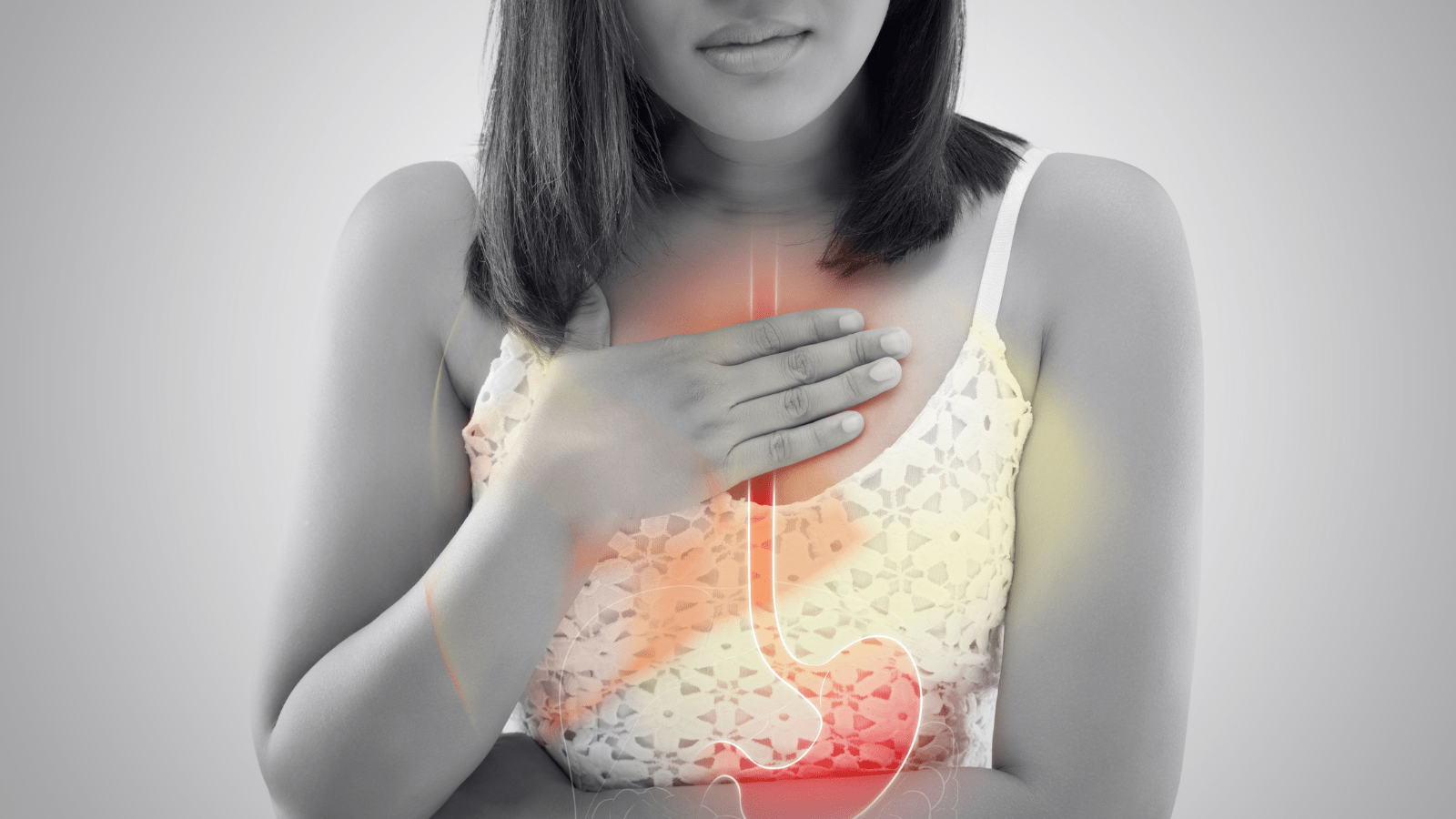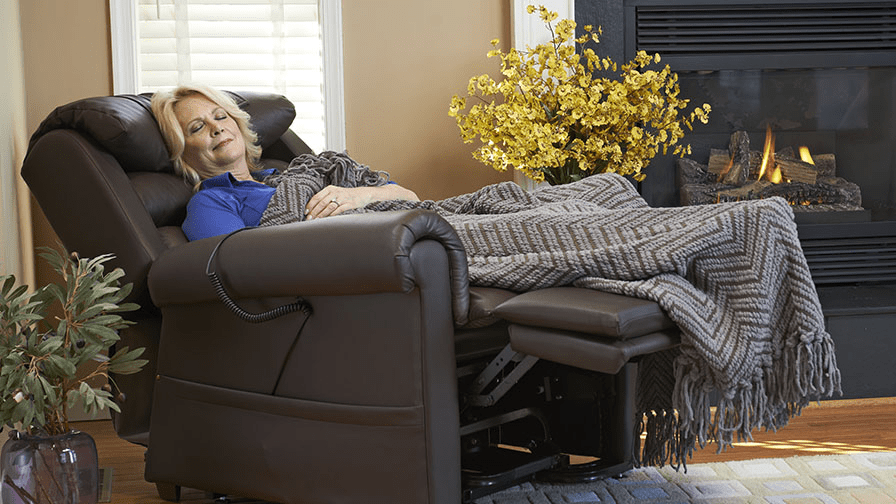 There are many lifestyle options that can not only reduce the symptoms of Acid Reflux but also help you to improve sleep, improve your appetite, and create overall mental wellbeing. Even the steps you take toward better relaxation, can improve your symptoms. First, what is the difference between Heartburn and Acid Reflux and who does it affect?
There are many lifestyle options that can not only reduce the symptoms of Acid Reflux but also help you to improve sleep, improve your appetite, and create overall mental wellbeing. Even the steps you take toward better relaxation, can improve your symptoms. First, what is the difference between Heartburn and Acid Reflux and who does it affect?
Heartburn, Acid Reflux, and GERD
Heartburn and acid reflux, while related, are not the same condition. According to the Cleveland Clinic (2021), “heartburn is a symptom of acid reflux.” Heartburn is fairly common as long as it doesn’t occur often and it can be managed easily. Heartburn is very acidic and can cause a burning sensation in the chest area. According to the American College of Gastroenterology (2021), “There is reflux that can be non-acidic” they define gastroesophageal reflux disease (GERD) as, “regular symptoms caused by the flow of gastric contents into the esophagus.” GERD is a chronic disease that also happens to cause heartburn. GERD can produce deceptive symptoms that can lead to misdiagnosis. While heartburn can leave an unmistakably bad taste in your mouth, GERD symptoms can create even more confusion. The American College of Gastroenterology (2021) states, “Experts recognize that often the role of acid reflux has been overlooked as a potential factor in the diagnosis and treatment of patients with chronic cough, hoarseness, and asthma-like symptoms.” Chest pain and a lump-in-the-throat sensation are also symptoms that accompany GERD that do not necessarily give off a burning sensation. Of course, it is very important not to assume that the chest pain is esophageal, but instead have a doctor diagnose the cause of the chest pain.
Who does Acid Reflux affect?
While reflux can affect all ages, from infancy to senior aged individuals, the age group with the highest prevalence are people aged 20-29. The prevalence of GERD is higher among women and according to Yaseri (2017), “GERD occurs more in females than in males with an increase in age.” Two prominent risk factors for Acid Reflux in this age group are obesity and heavy alcohol consumption. Therefore, lifestyle changes are often recommended as one course of treatment. According to Chen (2010), “Alcohol consumption probably precipitates GERD. Exposure of the esophagus and stomach to alcohol may cause direct damage to esophageal and gastric mucosa. In addition, toxic acetaldehyde metalized from alcohol could affect the function of the esophagus and stomach. Furthermore, dysfunction of the lower esophageal sphincter (LES) and esophageal peristalsis and abnormal gastric acid secretion may be involved in the pathogenesis of alcohol-related GERD.” What you eat before bedtime can also contribute to the symptoms of acid reflux. Fatty foods, acidic foods, and spices such as chili powder or black pepper can damage the esophageal mucosa and create reflux. Gupta, MD. (2021) recommends high fiber foods in their place, “Whole grains such as oatmeal, couscous and brown rice. Root vegetables such as sweet potatoes, carrots and beets. Green vegetables such as asparagus, broccoli and green beans.”
How Golden Lift Chairs Can Help You Sleep Better
While acid reflux can cause sleep disturbances, sleep disturbances can also further exacerbate the symptoms of GERD. According to Jung (2010), “There is a significant association between disturbed sleep and GERD, and this may be bidirectional. Sleep disorders may induce gastrointestinal (GI) disturbances, while GI symptoms also may provoke or worsen sleep derangements. Reflux of gastric acid is a less frequent event during sleep, however, acid clearance mechanisms (including swallowing, salivation and primary esophageal motility) are impaired during sleep resulting in prolongation of acid contact time. Nighttime reflux can lead to sleep disturbance and sleep disturbance may further aggravate GERD by prolonged acid contact time and heightened sensory perception. This may facilitate the occurrence of complicated GERD and decreased quality of life.” While a doctor may recommend changes in diet and interval changes between eat and sleep. They have also tested the efficacy of head elevation during sleep for reflux patients. According to Khan, MD. (2012), “Bed head elevation reduced esophageal acid exposure and acid clearance time in nocturnal (supine) refluxers and led to some relief from heartburn and sleep disturbance.” In fact, the study revealed that “sleep disturbances improved in 65% of the patients (13 of 24) in the study.” Golden Maxicomfort™ power lift recliners provide the ultimate comfort for head-elevated sleep with infinite positioning that is programmable. Once you find that elevated sleep position that alleviates your reflux, you can program it right into your Autodrive™ hand control so that searching for comfort doesn’t take so long at night. Electric hospital beds can take up a lot of space and may not be the most practical option for someone experiencing the symptoms of acid reflux. Golden power lift recliners are an option that provide you with the same elevation as a hospital bed, but fit better in your life and with your home décor. We have had several customers with GERD find relief from sleeping in our lift chair, see the Google review below. For more resources on living with Acid Reflux please visit:
https://aboutgerd.org/
https://gi.org/topics/acid-reflux/
ncbi.nlm.nih.gov/pmc/articles/PMC5804446/
https://gi.org/topics/acid-reflux/
https://www.ncbi.nlm.nih.gov/pmc/articles/PMC2880354/
https://www.ncbi.nlm.nih.gov/pmc/articles/PMC2879818/
https://www.hopkinsmedicine.org/health/wellness-and-prevention/gerd-diet-foods-that-help-with-acid-reflux-heartburn
For more resources on living with Acid Reflux please visit:
https://aboutgerd.org/
https://gi.org/topics/acid-reflux/
ncbi.nlm.nih.gov/pmc/articles/PMC5804446/
https://gi.org/topics/acid-reflux/
https://www.ncbi.nlm.nih.gov/pmc/articles/PMC2880354/
https://www.ncbi.nlm.nih.gov/pmc/articles/PMC2879818/
https://www.hopkinsmedicine.org/health/wellness-and-prevention/gerd-diet-foods-that-help-with-acid-reflux-heartburn